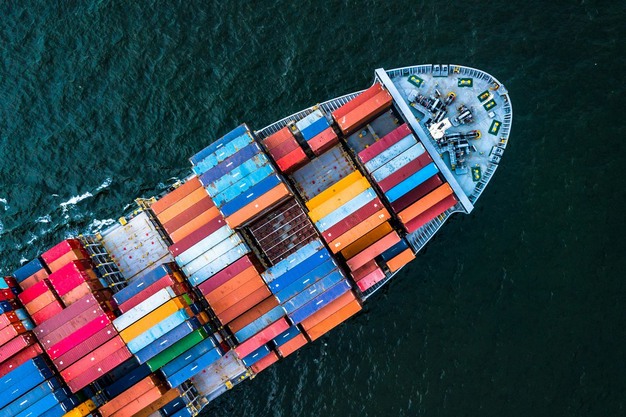In light of the increasing number of packages from non-EU online commerce, the German Retail Federation (Handelsverband Deutschland, HDE) warns for the consequences of inadequate import controls. In the interest of product safety and fair competition, the association calls for a reorganisation of market surveillance in Germany.
While the European Commission reported that in 2023, two billion packages with a value below the customs threshold of 150 euros were shipped from non-EU countries to the EU, the Federal Network Agency reported examining only around 5,000 shipments in 2023. Of the inspected shipments, 92 percent did not receive clearance. From the perspective of the HDE, this disparity between arrivals and controlled shipments highlights the imbalance in market surveillance in Germany.
 Photo © Mr.siwabud Veerapaisarn | Dreamstime.com
Photo © Mr.siwabud Veerapaisarn | Dreamstime.com
'The market surveillance in Germany is fragmented. This complicates the enforcement of European as well as national regulations and impedes a centralized approach against companies from non-EU countries,' said Stephan Tromp, Deputy Managing Director of HDE. The public-law enforcement of the Price Indication Ordinance is regulated by the federal states, which have delegated their responsibility to local authorities. The same applies to product safety, which is also organised in a fragmented manner. 'Customs are overwhelmed by the sheer volume of packages, and the decentralised organisation of market surveillance poses security risks for consumers and brings about extreme distortions of competition to the detriment of German trade,' emphasises Tromp. 'Market surveillance is organised as it was in the days of the corner shop, when there was only stationary trade and the official monitoring of products on-site was sufficient,' Tromp continues.
Therefore, the HDE calls for a reorganisation of market surveillance in Germany. 'In times of global internet commerce, the decentralised model of market surveillance is reaching its limits. It overwhelms local authorities,' says Tromp. Having online platforms and trading companies checked individually and without coordination by each municipality is not effective. 'It requires a nationally uniform approach, which, based on an appropriate legal framework, ensures efficient and effective action against importers from third countries domestically, thus also ensuring comprehensive monitoring of international actors and enabling the implementation of central measures for enforcing regulations and laws,' says Tromp. Here, both the federal government and the states are jointly responsible.
Additionally, the HDE urges the swift abolition of the customs threshold of 150 euros and the digitalisation of customs controls in the EU. According to EU estimates, it is assumed that for two-thirds of the two billion packages from non-EU countries, the declared value is incorrect to remain below the customs threshold of 150 euros. 'This abuse must be stopped,' says Tromp.
More information:
Handelsverband Deutschland
www.einzelhandel.de
